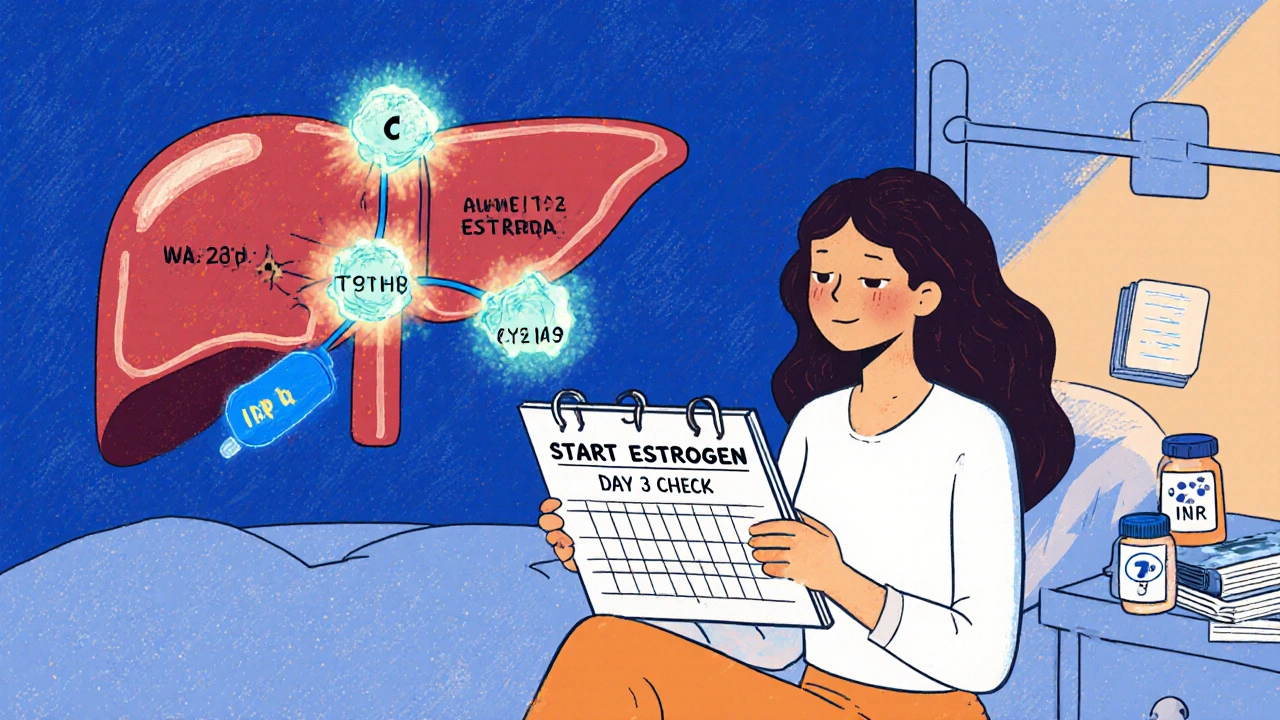Warfarin Drug Interactions: What You Need to Know Before Taking It
When you take warfarin, a blood thinner used to prevent clots in people with atrial fibrillation, deep vein thrombosis, or artificial heart valves. Also known as Coumadin, it works by blocking vitamin K’s role in clotting—but that same mechanism makes it dangerously sensitive to what else you take. A simple change—like starting ibuprofen, eating more kale, or popping a garlic supplement—can throw your INR levels off track, leading to bleeding or clots. This isn’t theoretical. Studies show over 70% of warfarin-related hospital visits happen because of drug or diet interactions, not the medicine itself.
That’s why knowing what plays well (or badly) with warfarin, a vitamin K antagonist anticoagulant is non-negotiable. Common NSAIDs, like ibuprofen and naproxen raise your bleeding risk by irritating your stomach lining and thinning blood further. Even vitamin K, a nutrient found in leafy greens, isn’t the enemy—but sudden changes in your intake are. Eating spinach every day? Fine. Going from zero greens to three salads a day? That can make warfarin less effective. Same goes for herbal stuff like St. John’s wort, ginkgo, or garlic pills—they’re not harmless just because they’re natural.
You’ll also find that antibiotics, antifungals, and even some heart meds can flip your warfarin response. One study found amiodarone and fluconazole doubled bleeding risk in patients on warfarin. And it’s not just pills—alcohol, even in small amounts, can mess with your liver’s ability to process the drug. The key isn’t avoiding everything, but keeping your routine steady. If you start a new medication, even an over-the-counter one, tell your doctor. Get your INR checked right after the change. Your body’s response to warfarin is personal, and small shifts matter more than you think.
What you’ll find in the posts below isn’t a list of warnings—it’s real, practical comparisons. You’ll see how warfarin stacks up against newer blood thinners like apixaban, how common painkillers affect it, and why some supplements that sound safe are anything but. You’ll also find clear breakdowns of foods that help or hurt, what to do if you miss a dose, and how to talk to your pharmacist without sounding confused. This isn’t textbook stuff. It’s what actually happens in real lives—people managing warfarin, staying safe, and avoiding the ER.

Estrogen Interactions with Warfarin: What You Need to Know About Blood Thinners and Hormones
Estrogen can alter how warfarin works in your body, causing dangerous INR swings. Learn how birth control, HRT, and genetics affect your blood thinner, and what steps to take to stay safe.





